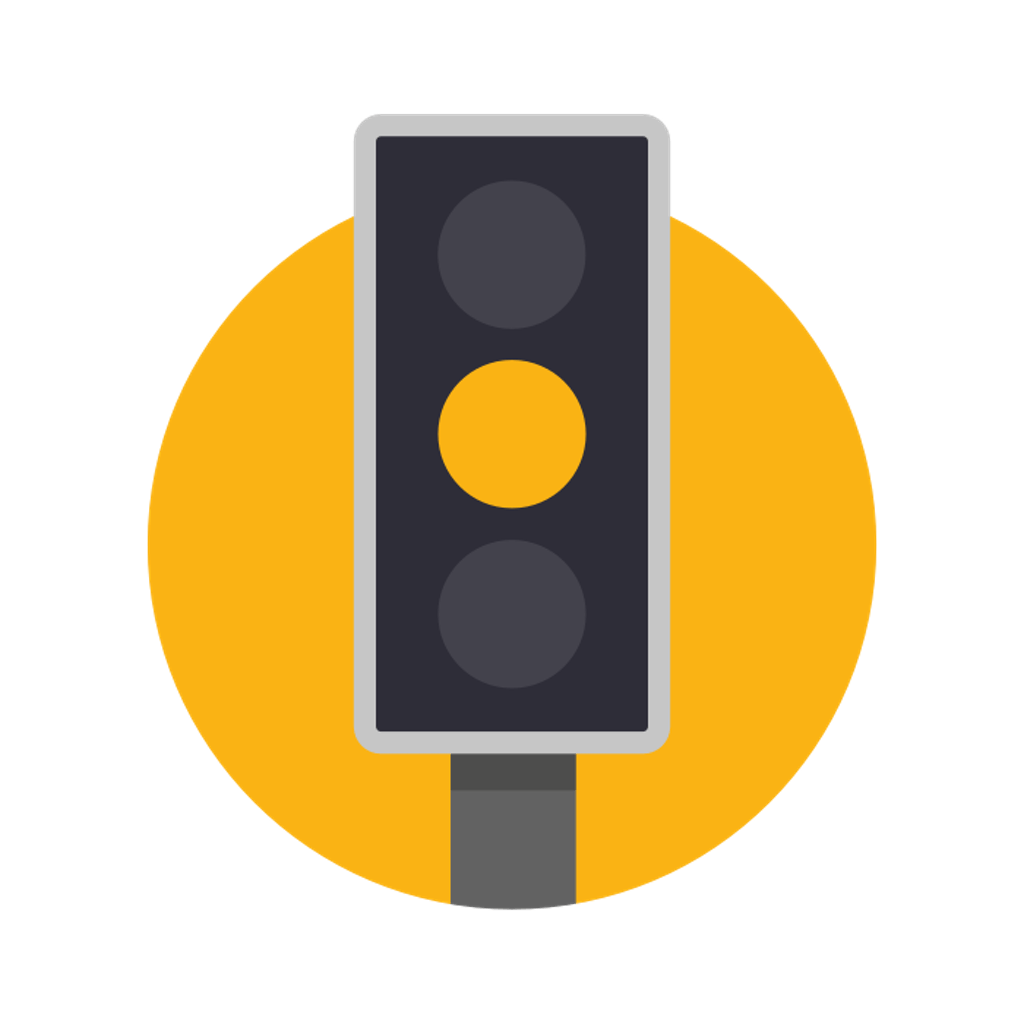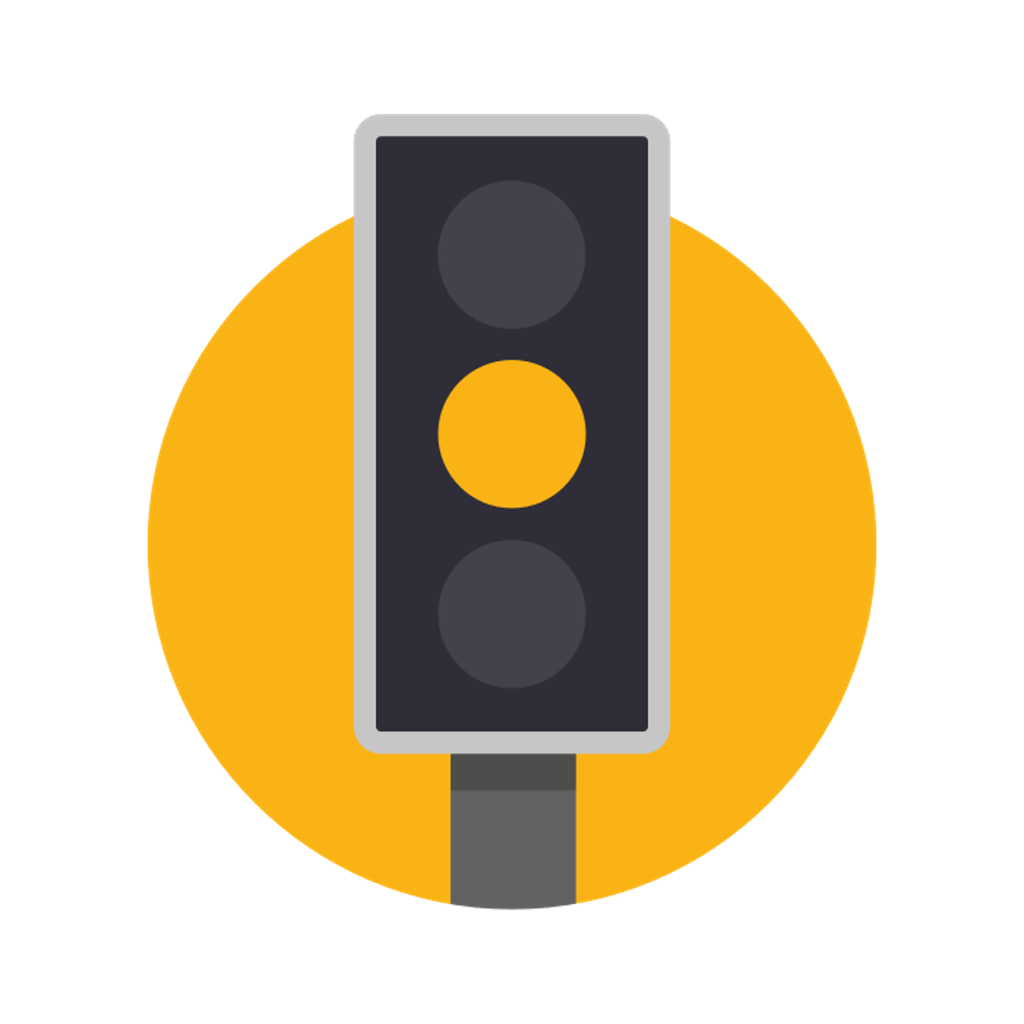August was a much quieter month in terms of algorithm updates, but as always busy with industry search updates, particularly impacting SEO. These include; large updates to Google Travel’s user portal, updated structured data mark up, licensable images in search being displayed and an expansion to the dictionary SERP feature. Discover more information below and how this can impact us as search marketers.
Google Travel Updates

Google Travel (google.com/travel/) has updated the travel portal with more useful information on flights and hotels in light of the COVID-19 pandemic. Whilst the portal has pandemic warnings, it also now includes more granular travel trends. This includes percentages for flights that are operating and hotel availability.
The Travel Advisory warning button takes users to either a Google SERPs for the location or government website that informs the user on the current status of COVID-19 at the destination that they have searched for.
Under the Hotels section of the travel portal, they also have a new Free Cancellation button and toggle for COVID-19 Responder Rooms. This allows users to filter hotel results in their chosen destination that have free cancellation policies and rooms for COVID-19 responders.
Why is this important?
With Google offering more useful information for travellers during the pandemic, it highlights the need for travel and holiday websites to ensure they are delivering similar levels of content. We have seen a few holiday aggregators pointing users to do their own research on Google, but we would recommend having this information on your own site to avoid users from bouncing.
Google Adds Home Activities To Structured Data

Google has introduced new structured data for ‘home activities’. The new schema markup allows webmasters to mark up their online fitness sessions to achieve rich results in Google’s search results. The new structured data appears like this:
The sessions that are eligible for the new structured data include meditation, HITT, yoga, dance and cycling. Each session can list the time of the event and how it will be distributed, whether through an upcoming video livestream, a pre-recorded video or a live event.
Why is this important?
If you are running online fitness events or personal training video sessions, this new structured data markup will help increase your visibility by creating more engaging listings.
Google Displays Licensable Images in Image Search

Google has introduced a new badge in image search that shows whether an image can be licensed to use by third parties responsibly and without legal repercussions.
The new badge shows a user whether the image is ‘Licensable’. The user can then click onto the image to find the license details of the image, such as the creator, and whether the image can be purchased or licensed legally.
Google has introduced this new feature to help webmasters find relevant imagery. Currently the badge is reliant on the image owners marking the image up with structured data. The structured data itself was first announced in February and the accompanying Search Console report was revealed in July, which we covered at the time.
The new ‘Licensable’ badge is a step toward more responsible image use online, with Google stating that
“We believe this is a step towards helping people better understand the nature of the content they’re looking at on Google Images and how they can use it responsibly.”
Google, 2020.
Why is this important?
If you are looking for licensable images to use on your website, the new licensable image badge will help you identify relevant images. Likewise, if you are a photographer and would like to encourage others to use your work, the new badge will help the image stand out in Image Search.
Source: Search Engine Journal
Google Expands Dictionary SERP Feature

It’s been recently spotted by the Impression team that Google has updated and expanded their Dictionary SERP feature to provide further useful information regarding the searched key term. Examples of additional features for the search term ‘Impression dictionary’ can be seen below.

This includes the origin of the term, the ability to translate within the SERP feature and to view the ‘use over time’ is pulled in from Google’s Books Ngram Viewer analysing the frequency of the phrases occurring across various books printed between 1500 and 2021 in different languages. You’re also able to view different years n-grams by hovering over different parts of the graph, e.g. here.
When you enter phrases into the Google Books Ngram Viewer, it displays a graph displaying how those phrases have been displayed across various books and publications. This also analyses and reviews into various different languages over the years selected in the chosen years.
The y-axis shows each of the bigrams collated together contained in the book sample written in English and what % of them are the key phrases.
Why is this important?
From a user perspective, those that are keen to discover further about the history or trends of a certain term when utilising this SERP feature can translate and learn about the origin all in one place.
This can also be utilised as a potential information source for campaign ideation within Digital PR.
Overall, with no larger Google algorithm updated being discussed within search forums or official updates from Google, there’s many changes within the industry focusing on a more user centric experience. If you’re looking for support in helping your business bounce back in lockdown, Get in touch with our team of specialists today for tailored solutions.



